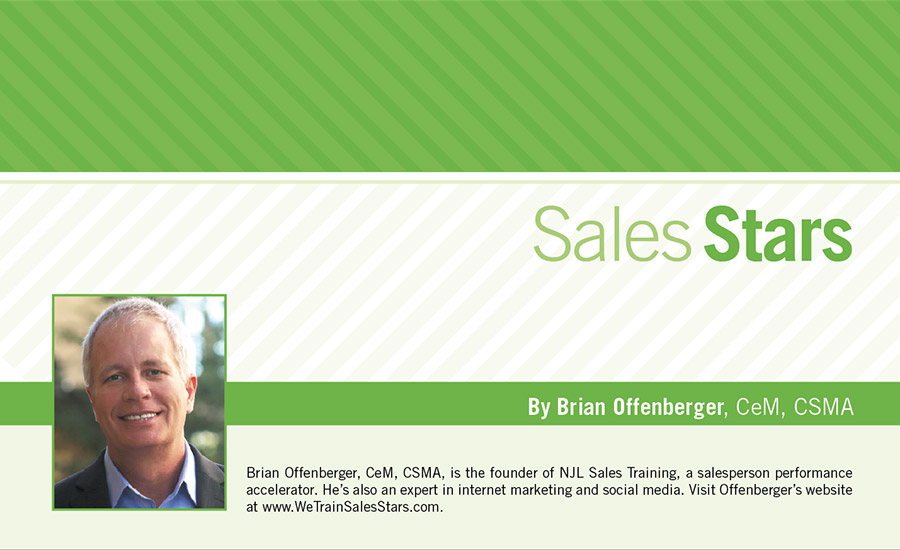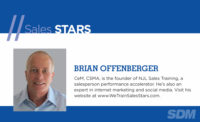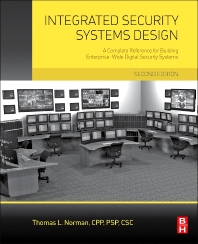8 Tips for Securing a VIP Meeting Using Email

Cold calling is still a viable new-business development approach for most security salespeople. In some markets, such as small New York delis where the owner is likely behind the counter, face-to-face cold calling may be a strong approach.
Due to voicemail and caller ID, telephone cold calling is diminishing in its effectiveness. It’s simply too easy for busy decision-makers to avoid a call. And most salespeople don’t yet know how to use text messaging as an effective prospecting channel.
Email (and LinkedIn’s InMail), however, can be an effective way to start a dialogue and secure an appointment with high level VIPs. Business Insider recently published an article about a venture capitalist who received 5,000 emails from more than 1,100 people in a single month. The VC guy analyzed his emails to understand which ones were answered and which ones were ignored. Here are the key findings:
-
about 25 percent of the emails receive replies, while the rest were ignored;
-
replies are more likely if the sender mentions a mutual acquaintance;
-
replies are more likely if the email is relevant and indicates research has been done; and
-
most replies come during a commute, which means on a laptop or, most likely, a smartphone.
It’s feasible and possible to send a cold email to a VIP decision-maker and get a positive response, but only if you know what you are doing. Let me share with you a framework that’s proven to be incredibly effective at getting enormously high response rates from cold emails.
-
Have a compelling subject line. The goal of your email is to get someone to open it and read at least the first sentence. Your subject line is a critical element to determine if your email will even be read. Be clear, be concise and be direct with the subject line. Your email is competing against hundreds of other cold emails in the decision-maker’s inbox. The harder it is for a VIP to determine what your email is about, the less likely it will be for them to open it. I like subject lines that tell how products or services can solve their pain to trigger their interest.
-
Use their name. If you are looking to reach a particular position at a company, research online to find the name of the person holding that position. Use their name in your greeting. Avoid generic terms like “sir” or “ma’am.”
-
Mention a mutual connection. If you have a mutual connection, ask the connection for an introduction. If that’s not possible, mention the connection early in the email.
-
Flatter. If you don’t have a mutual connection, offer a sincere form of flattery. Search for ways to make the VIP feel special, without sounding “cheesy” or “salesy.”
-
Offer benefits. Talk about what’s in it for them. Get to the point quickly. Know the exact pain points of your customers and explain how you, your solution and your service can bring real value to them. A common mistake most salespeople make is to talk too early about their company or their product features. People don’t really care about the technology behind your motion detector — they want to know how your motion detector can solve their problems.
-
Establish credibility. How can you get them to trust you in the email? What makes you someone they should talk to? If they don’t trust you or view you as credible, a VIP won’t talk to you. Effective ways to establish credibility include mentioning other prominent companies you work with, awards and recognition you may have received, or your customer satisfaction score on review sites such as Yelp.
-
Include a call to action. If you don’t ask for it, you won’t get it. Have a call to action statement at the end of your email. Define for the VIP decision-maker the next step they need to take if they are interested. Make it clear and make it simple.
-
Read your email. Get a timer and read your email out loud. If it is more than one minute, it is too long. Find a way to condense it.
Once you have gotten a response, follow-up immediately. You have one working day in which to keep the conversation moving forward. VIPs can have short attention spans and lots of issues, so the longer you wait, the less likely they are to remember. Plus, decision-makers like go-getters. Be one.
Looking for a reprint of this article?
From high-res PDFs to custom plaques, order your copy today!








